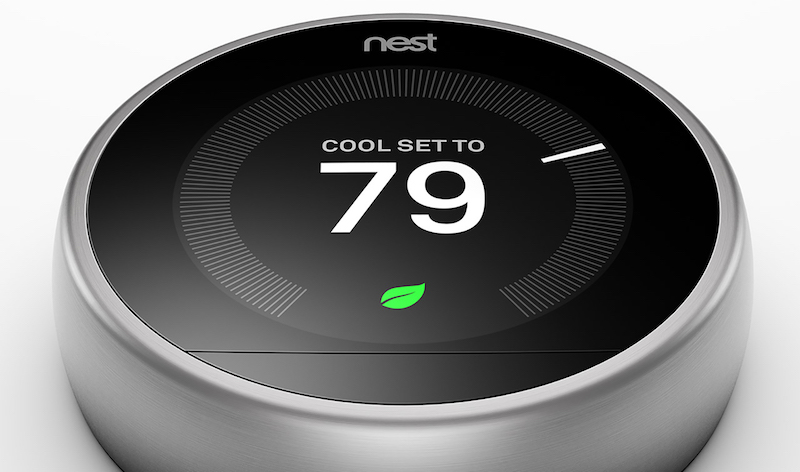
Google has announced that first- and second-generation Nest Learning Thermostats will lose support in October 2025, disabling their connected features (via ArsTechnica).

After October 25, 2025, these devices will no longer receive software updates or connect to Google's cloud services. Users won't be able to control them via the Google Home app or voice assistants, though basic temperature control and on-device scheduling will continue to function.
The affected models include the original 2011 North American Learning Thermostat – pioneered by iPod creator Tony Fadell – and its 2012 successor, and the 2014 European model.
U.S. users can upgrade to newer Nest models, and owners can get a $130 discount if they upgrade to the fourth-generation Nest, which was released last year for $280. In Canada, the discount is CA$160.
European owners face a tougher choice, as Google confirmed it won't develop new thermostats for European heating systems. Instead, European customers are being offered a 50 percent discount on the Tado Smart Thermostat X.
This decision follows Google's recent discontinuation of other Nest products amid job cuts in its platform and devices division. Google is no longer making new Nest Protect Smoke & CO alarms and is ending sales of the Nest x Yale Lock.
Despite the upcoming end-of-life, the thermostats have exceeded Google's standard five-year support commitment, with some approaching 15 years of service by the cutoff date. Still, many Nest owners will be disappointed with the limited lifetime of a device they probably didn't expect to replace anytime soon.
Article Link: Google Announces End Date for Original Nest Thermostat Support


